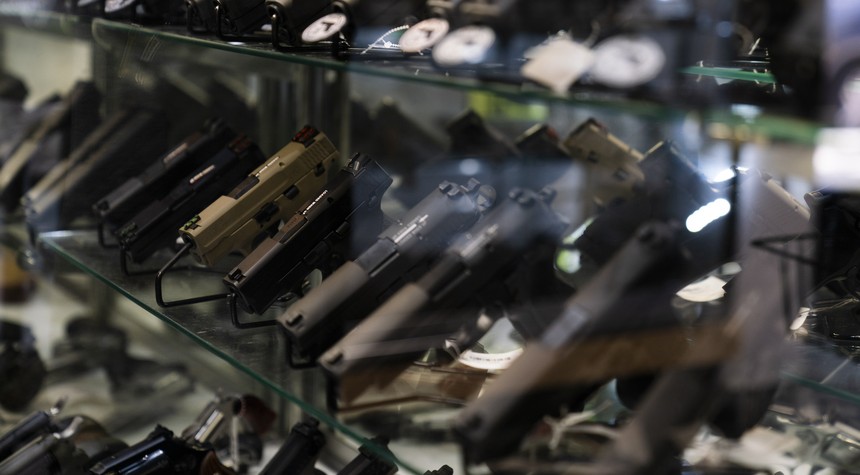Firearms Policy Coalition won Wednesday’s lawsuit against Rob Bonta, California Attorney General, the CA DOJ, and their Bureau of Firearms. They were accused of delaying firearms transactions beyond the 10-day statute period without any legal basis.
BREAKING: FPC Wins Lawsuit Challenging California Firearms Purchase Delays https://t.co/oqe95efE23
— Firearms Policy Coalition (@gunpolicy) August 10, 2022
California’s DOJ ruled that the law that allows them to perform background checks on firearm purchases, transfers, and loans in California was too short. They instead gave them 30 days to complete their process, according to the DOJ website.
If the Department is unable to determine the buyer’s eligibility within the 10-day waiting period, the Department will notify dealers. If the Department can’t determine the buyer’s eligibility to possess/own firearms within 30 days, the Department will notify dealers.
A delay in a transfer must be made beyond the 10-day waiting period. The DOJ must have identified the following criteria in California Law.
In short, the three criteria are:
- This person has been taken into custody and placed in a mental health treatment facility and the Dept may not be able to ascertain their eligibility.
- This person has been arrested or charged with a crime that, if convicted, would make the purchaser ineligible to own or possess firearms.
- The Dept cannot yet determine if this person made more than one application for firearms purchase/transfers in a 30-day period, or is qualified to do so under a series of exceptions such as being a law enforcement officer, licensed firearms dealer, or other applicable situations.
FPC sued DOJ in Campos v. Bonta for delaying the waiting period for firearms without any legal premises. John S. Meyer was a San Diego Superior Court Judge who wrote the following:
A simple reading of the statute’s content shows that there are three circumstances in which the Department could delay releasing firearms until background checks have been completed. But it didn’t.
On July 22, 2022, the plaintiff was granted his petition for a writ of mandamus. The DOJ was directed to stop enforcing this illegal delay policy.


